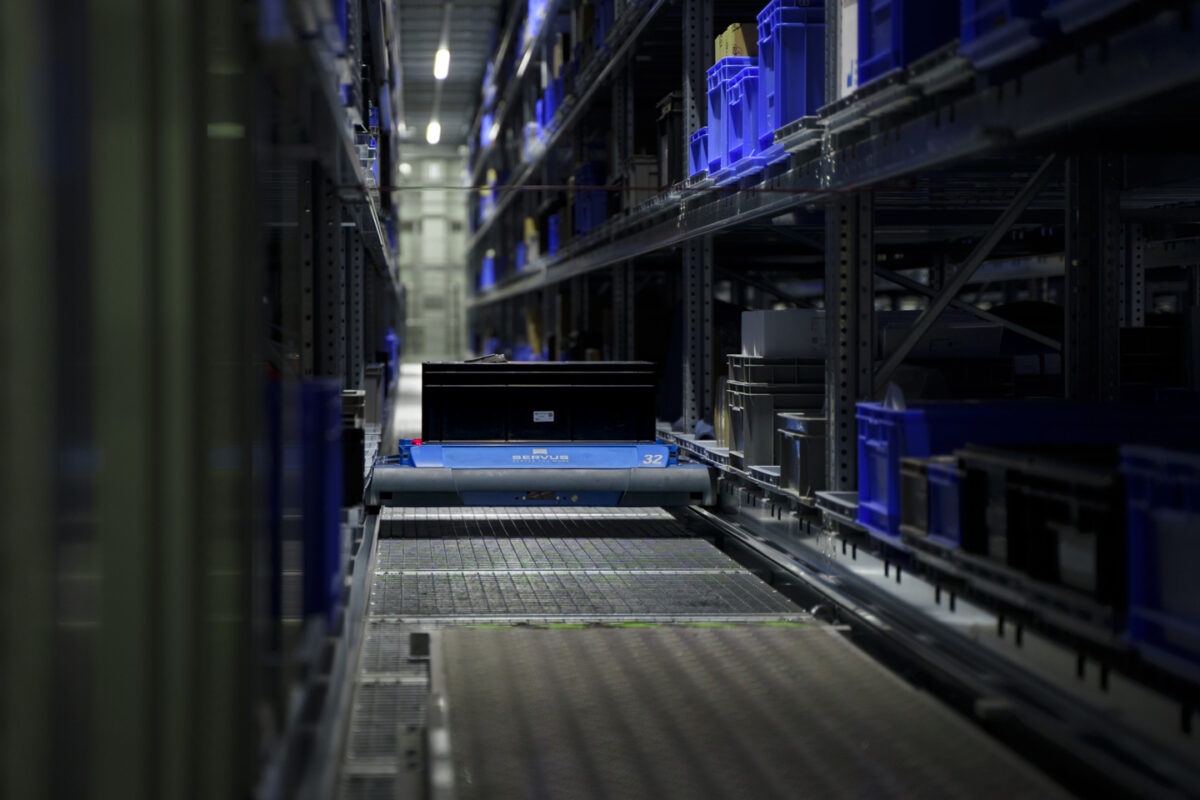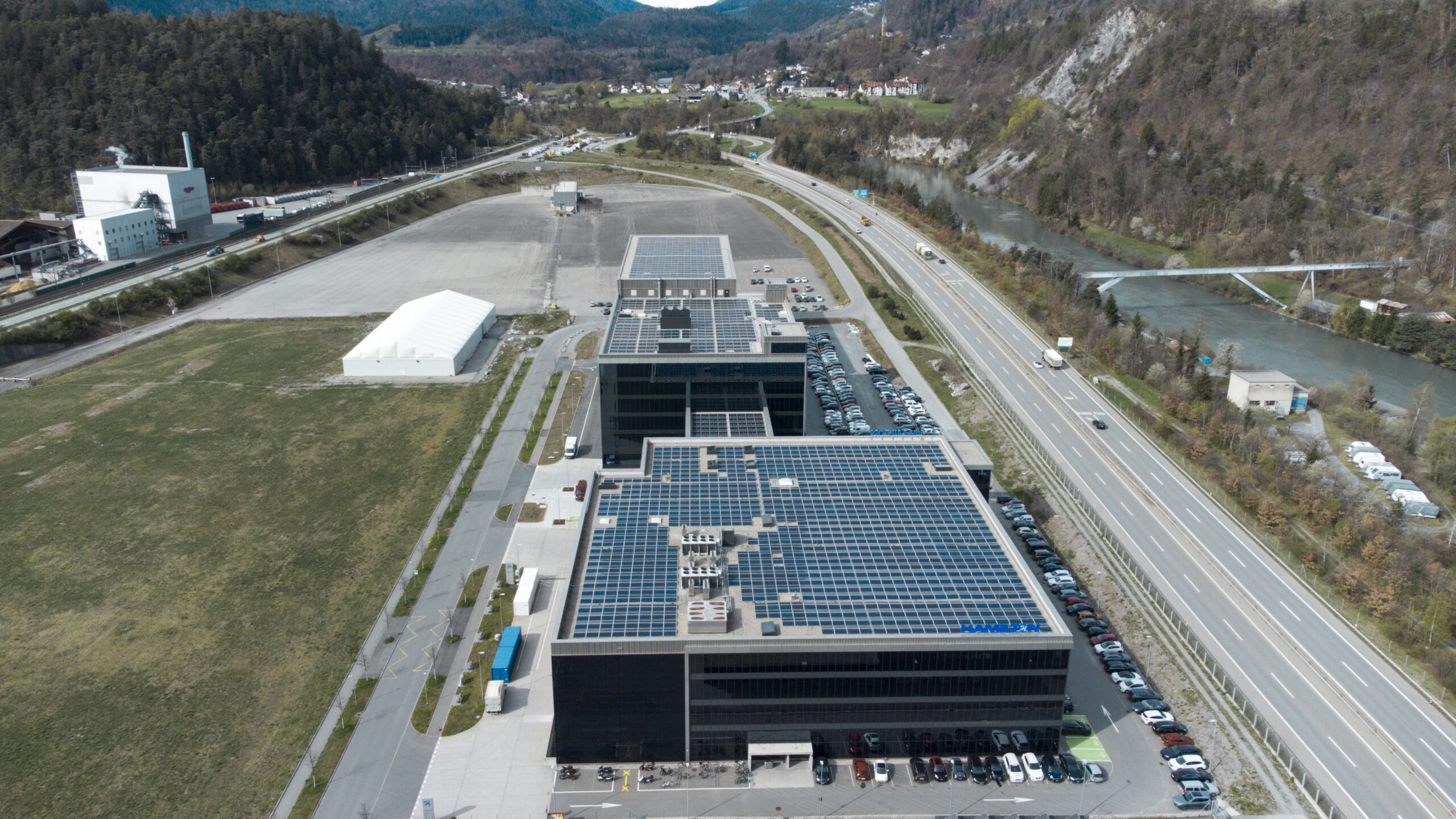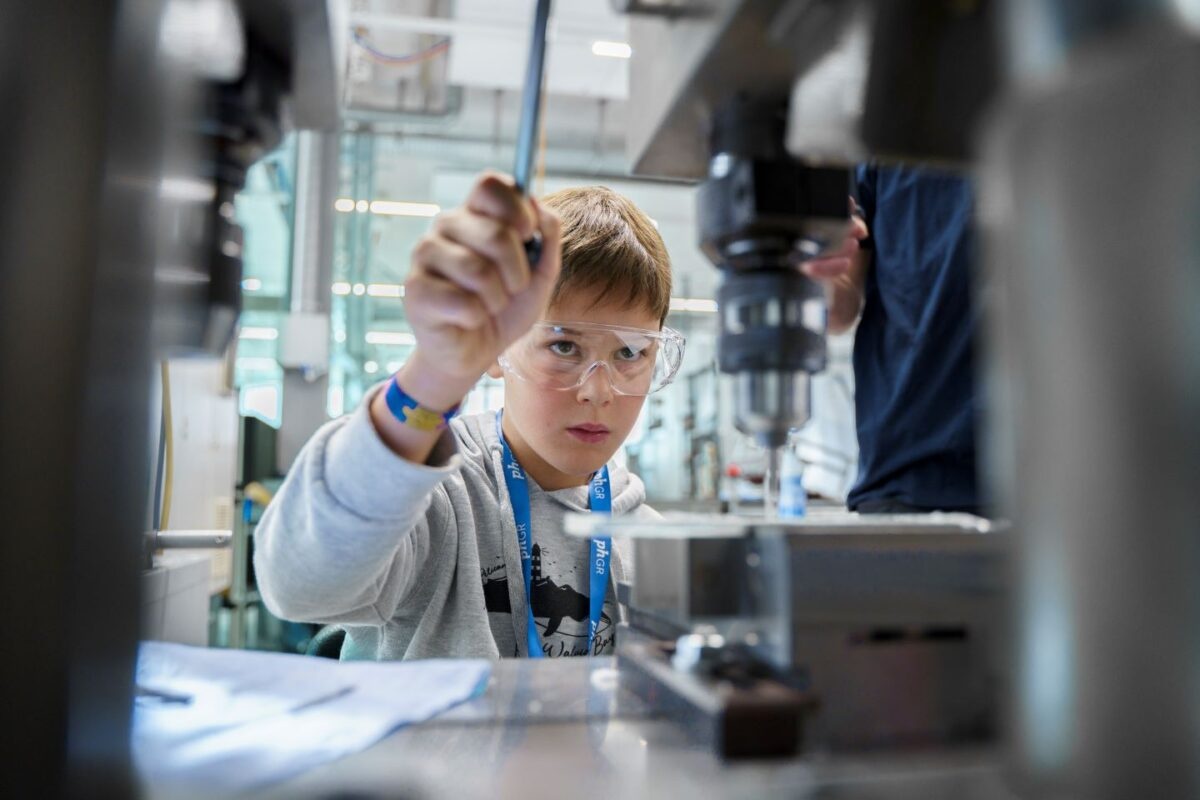Greener Pipetting, Measurable Impact
14.11.2025With the world’s first automation-compatible pipette tips made from bio-circular material, Hamilton enables research institutions to drastically improve their CO₂ footprint — without compromising on precision or quality.
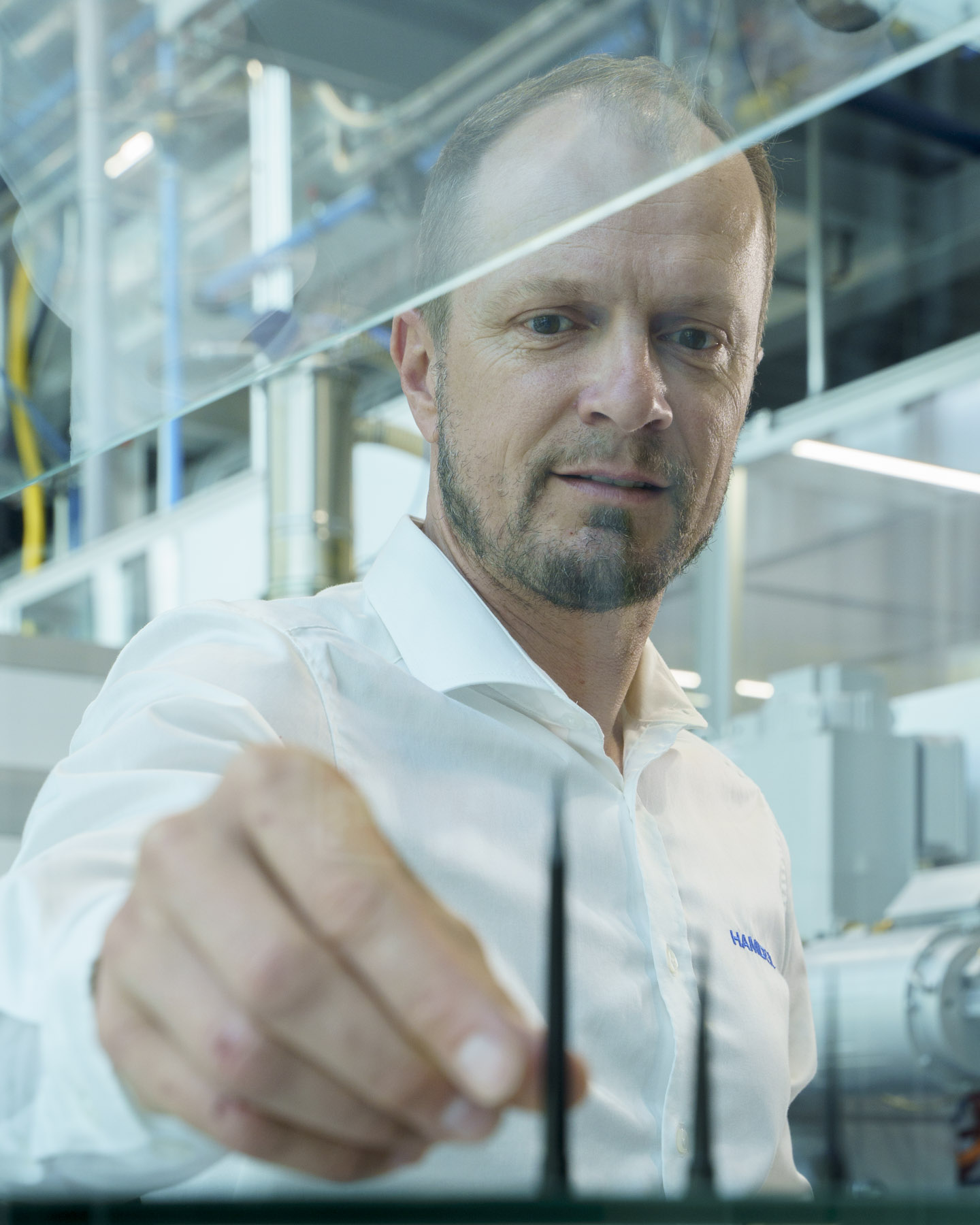
According to calculations by RCS Sustainability, laboratories worldwide generate around 5.5 million tons of plastic waste every year — roughly 2% of global plastic waste. This high consumption is primarily due to strict standards for sterility and contamination control, which are essential in most laboratory processes. For instance, during pipetting, a pipette tip — also known as a “tip” — is typically used only once to prevent cross-contamination. Designed as single-use items, tips contribute significantly to overall plastic waste, along with other disposable lab consumables such as tubes and containers.
Hamilton Leads the Way
With its GreenLine Tips, Hamilton offers a solution that significantly reduces the global footprint of laboratories. GreenLine stands for more sustainable tips and racks made from ISCC PLUS-certified bio-circular material, resulting in a much smaller CO₂ footprint. “Since pipette tips account for the largest share of plastic consumption in labs, a sustainable alternative provides the most effective lever for greater environmental responsibility,” explains Bruno Koch, Product Manager Consumables at Hamilton Robotics.
With this groundbreaking development, Hamilton becomes the first manufacturer to offer sustainable pipette tips for automation. The GreenLine Tips feature exactly the same specifications and performance as conventional tips — a key factor also emphasized by one of our customers, Haystack Oncology: “Especially in highly automated diagnostic environments, it’s often difficult to find eco-friendly alternatives that don’t compromise performance or quality. That’s why we’re excited about Hamilton’s GreenLine Tips. They make a meaningful contribution to reducing our CO₂ footprint — without affecting the reliability of our workflows.”
GreenLine explained
ISCC PLUS Certified
GreenLine Tips are composed of 65 to 75 percent certified material linked to bio-circular feedstocks through the mass balance approach.* “In practical terms, that means the raw material doesn’t come from fossil oil but from waste and residues of used cooking oil,” explains Koch.
Both the GreenLine Tips and racks are ISCC PLUS-certified (International Sustainability & Carbon Certification) and are therefore fully traceable. “The certification ensures that every supplier along the value chain is recorded and that the recovery, processing, and production of more sustainable materials are quantified and documented,” adds Christopher Politano, Sustainability Manager at Hamilton.
Many of Hamilton’s customers pursue ambitious emission-reduction targets, as Politano notes: “We support them in achieving their sustainability goals — in the simplest possible way: with sustainable tips that integrate seamlessly into existing workflows.”
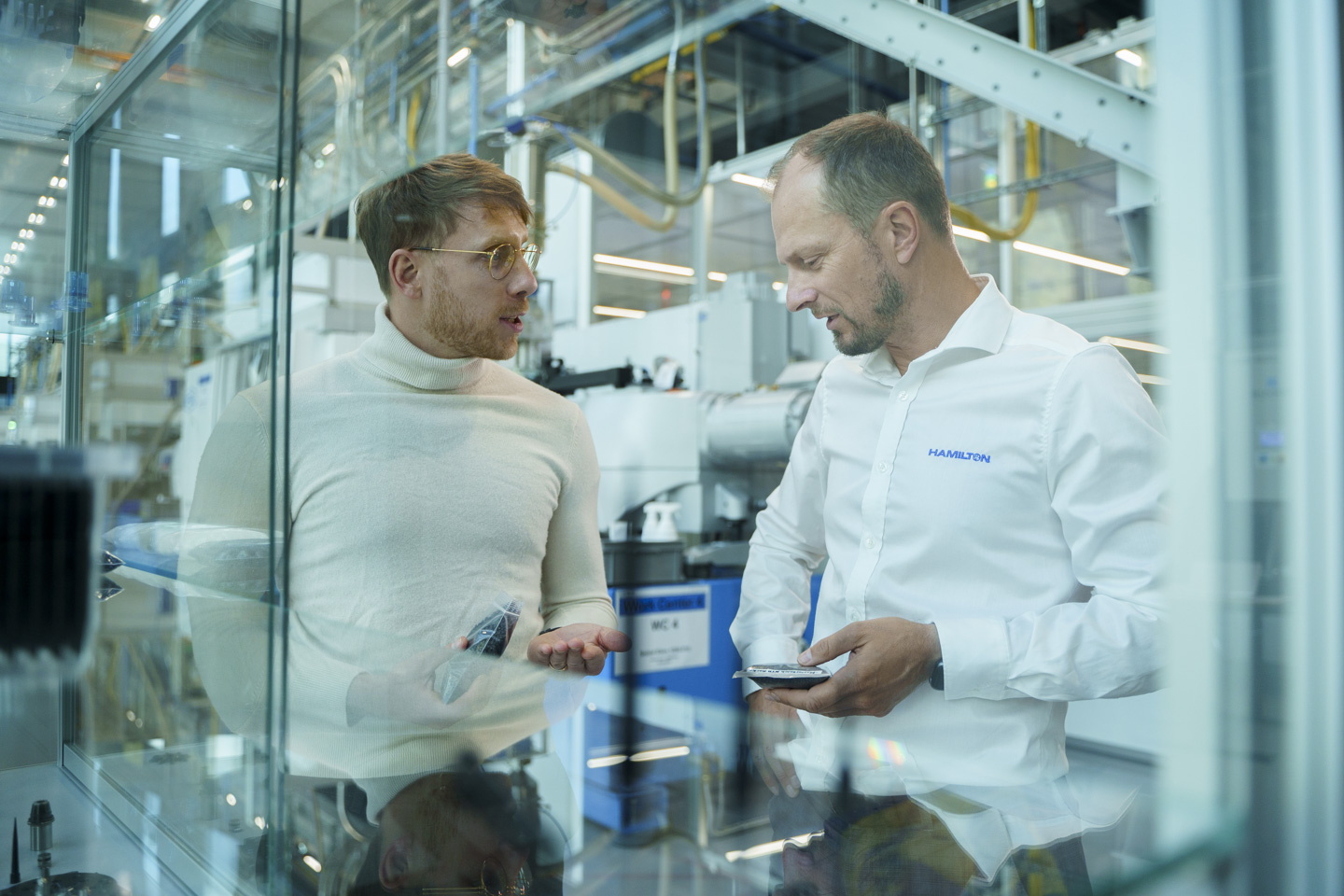
Hamilton’s Commitment to Climate Action
As a member of the Science Based Targets initiative (SBTi), Hamilton has committed to significantly reducing its CO₂ emissions by 2030:
- 42% less in Scopes 1 and 2 (own operations and energy use)
- 52% less per revenue unit in Scope 3 (supply chain and product use)
“Scope 3 is the biggest challenge but also the most powerful lever for driving meaningful change,” says Politano.
The introduction of GreenLine Tips represents far more than just a step in the right direction — it’s a milestone for Hamilton, our customers, and the shared goal of creating more sustainable laboratories.
Today, 85% of all Hamilton tips are already available as GreenLine Tips, and the company aims to offer all tip variants with ISCC PLUS certification in the near future.

